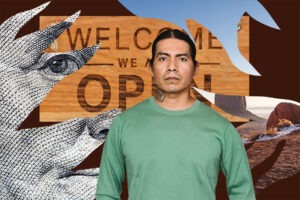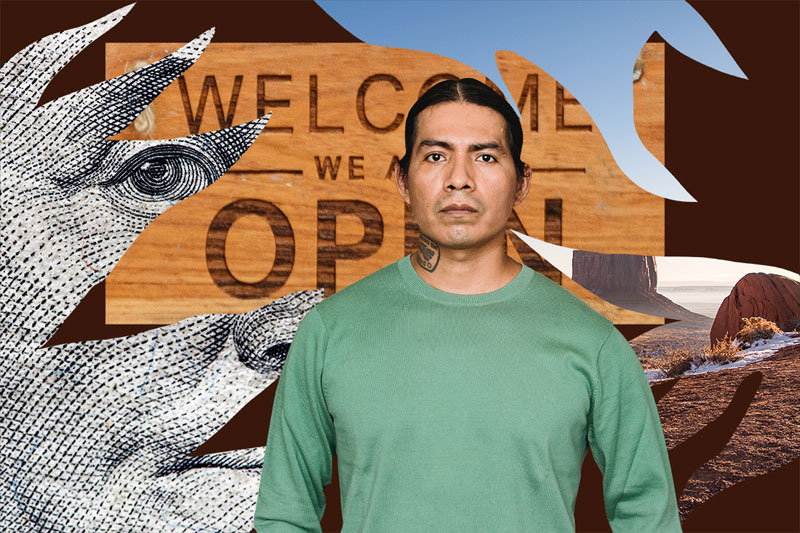January 26, 2011; Source: New York Times | TED, the 501(c)3 nonprofit behind the popular Technology, Entertainment and Design conferences, is expanding to the e-book market with TEDbooks. The digital publications are geared for people who are hungry for new ideas, but short on time. A traditional book has around 60,000 words; TEDbooks fills readers’ desire to absorb new ideas at less than 20,000, targeting a market for deep-thinking, time strapped consumers.
The TEDbook portfolio includes: “Homo Evolutis: Please Meet the Next Human Species,” by Juan Enriquez and Steve Gullans, “The Happiness Manifesto: How Nations and People Can Nurture Well-Being,” by Nic Marks, and “Beware Dangerism: Why We Worry About the Wrong Things, and What That Is Doing to our Kids,” by Grever Tulley. All three of these books are in the top 25 bestseller list for Amazon’s Kindle Singles category as of March 20. They can be purchased for $3.00 each through Amazon.
The popularity of the new digital e-book technologies like Kindle and the iPad has changed the publications business. TED believes that traditionally, books were 60,000 words or longer because the publishing industry felt smaller publications wouldn’t sell. Now, technology allows readers access to books of any length, facilitating focused reading that matches modern attention spans.
Sign up for our free newsletters
Subscribe to NPQ's newsletters to have our top stories delivered directly to your inbox.
By signing up, you agree to our privacy policy and terms of use, and to receive messages from NPQ and our partners.
TED is owned by the Sapling Foundation, whose goal is to foster the spread of great ideas so that millions of people can increase their understanding of the issues facing our world and help create a better future. One of TED’s basic values is that a powerful idea is the greatest force to change the world.
In addition to TEDbooks, the foundation supports projects and ideas to create sustainable change in the world in areas such as global health, poverty, and biodiversity. The foundation has granted more than $10 million to organizations such as One World Health and PATH. Currently, the foundation is focusing on the impact of TED itself. It also sponsors the TED prize, Ted.com, TED Fellows, and TEDx – all initiatives that can help distribute “ideas worth spreading.”—Nancy Knoche










